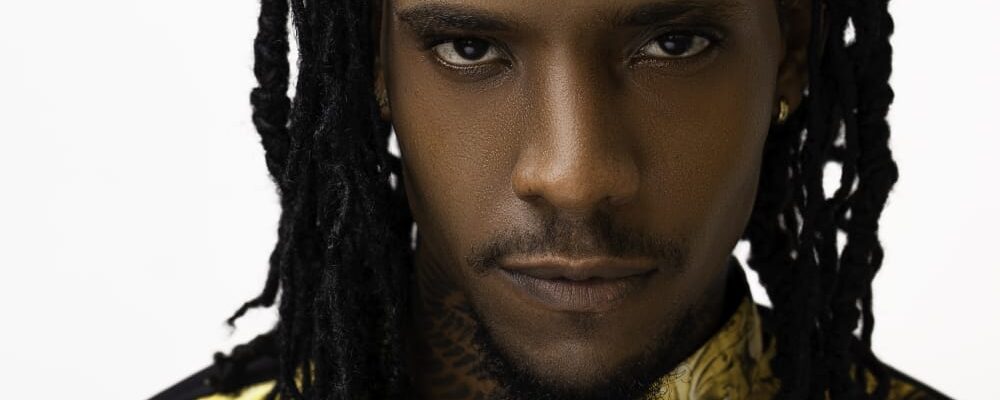
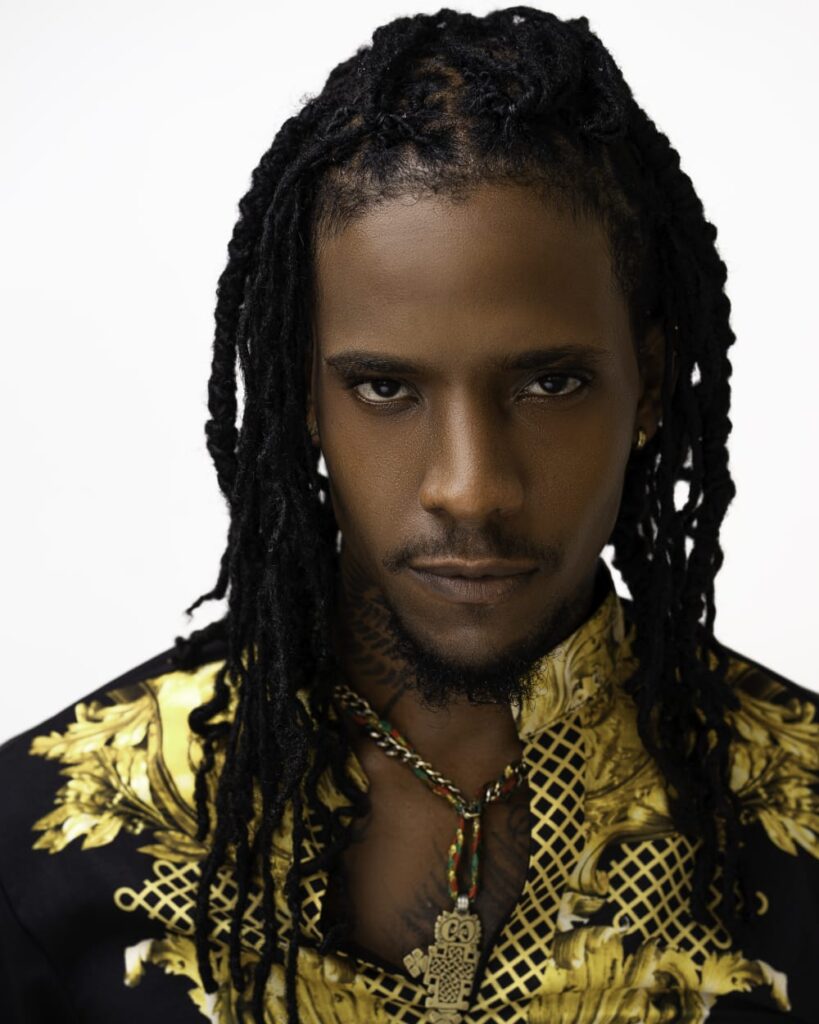
Born Otis Newton Jr., son of reggae figure ‘Tuffy’ from the teen duo ‘Ruffy and Tuffy’, the rhythm of legacy runs deep in OJ ThaGreat’s veins.
The 36-year-old singer is set to perform at Kingston Creative Artwalk on Sunday (September 28), with Red Stripe Flavours as a main sponsor.
Determined to carry on his father’s unfinished legacy, he channels that inheritance into a sound that bridges traditional reggae sounds with current trends.
His music is not confined to a single lane, but rather it bends toward reggae, poetry, folk, and Afro-inspired rhythms, always with a cultural touch. Each lyric becomes a conversation, each performance a declaration that his father’s legacy still breathes through him.
Growing up with music performance stitched into the fabric of his household, OJ ThaGreat first found his footing at St. George’s College in poetry and the performing arts, winning accolades in the Jamaica Cultural Development Commission’s (JCDC) competitions and even lending his voice to the choir that sang before Queen Elizabeth II during her 2002 visit. What might have seemed like youthful dabbling revealed itself as a training ground for a larger calling, sharpening his storytelling and planting the roots of an artiste who would one day step forward with purpose.
He has always felt the weight of expectation, with those around him urging him toward music as if it were the only natural path for the son of a reggae figure. For years, it felt more like pressure than passion, an obligation tied to his father’s unfinished journey. “Everybody expected me to just jump into music because of who my father was,” OJ admitted. “But for a long time, it didn’t feel like mine. It felt like something I was being pushed into.”
At age 23, that shifted. What had once been external insistence became an inner drive, and he chose to step into music on his own terms. The journey was not seamless as he grappled with losing and regaining his voice, which forced him to embrace his natural tone rather than chase the sound he thought he wanted. “I had to find my voice again,” he said. “It taught me to stop imitating and start being real with myself. That’s when the music started to feel true.”
“I was always good at storytelling, so I started writing stories again and putting melodies behind them.” Part of that drive came from looking at his father’s path and feeling that it had been cut short, that the dream had been suppressed. OJ carries that reality as a fuel, determined to give the story a new chapter. He describes it as “Old fire, new flame”, a continuation of the spark his father lit, but one burning in his own voice, on his own terms.
His father, recognising the spark in him, sent OJ to the Edna Manley College of the Visual and Performing Arts to refine his talent and give structure to what was already alive within him.
“After Edna, I wasn’t part of any band or group,” he recalled. “And that hit me hard, because I started to miss the feeling of being part of something bigger, the energy of sharing sound with others.” That space of longing, however, pushed him to strengthen his individuality.
Now, OJ ThaGreat is intentional about the kind of music he creates. His songs often stir debate, not to ignite conflict but to spark conversations. “I like to touch on controversial and argumentative topics, but not in a negative way,” he explained. “I’m not political, but I am for the people.”
That conversation shifts across moods, sometimes celebratory, sometimes ancestral, sometimes reflective. He blends happy music with rootsy old-school rhythms and infuses them with folk and cultural tones. His influences reflect that duality. “Peter Tosh is one of my biggest influences because of his radical approach,” OJ said. “He never bent to please anyone, something I respect, even though I grew up with a filter.”
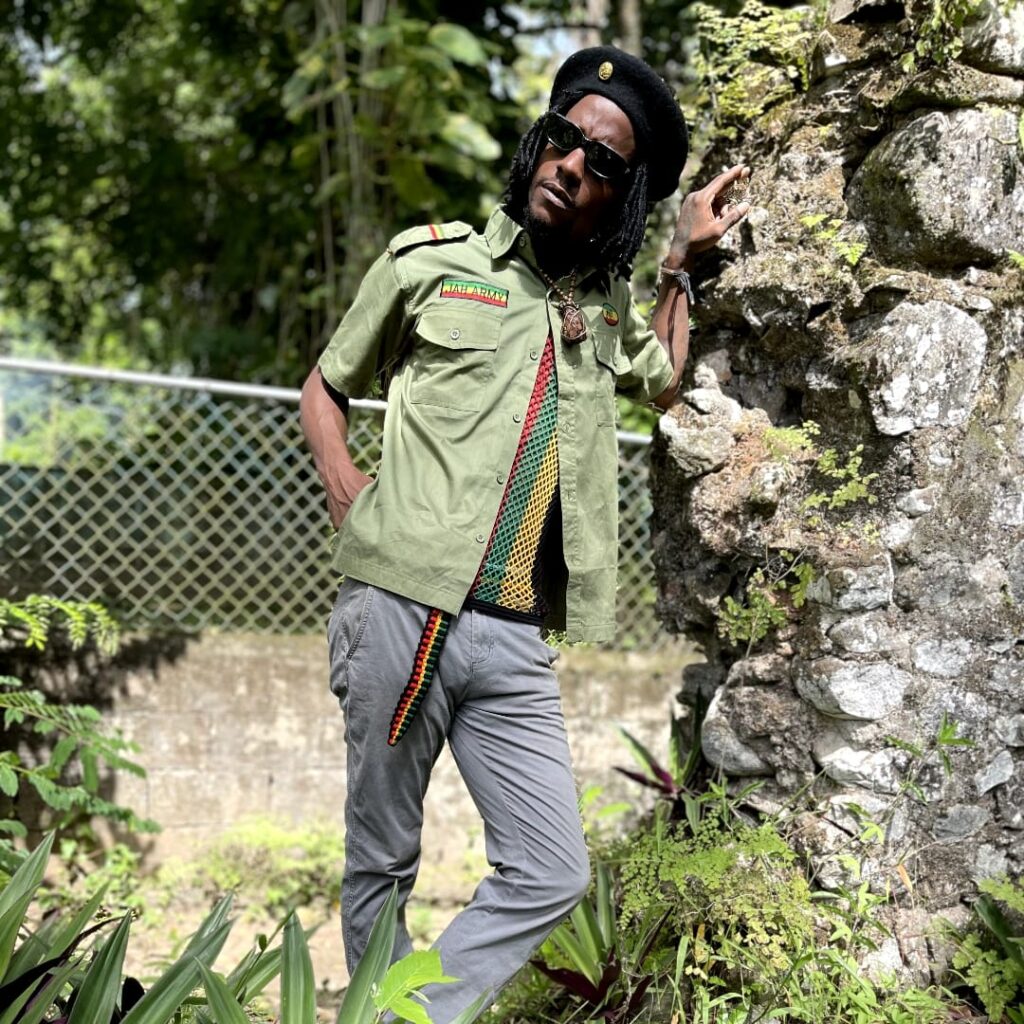
That spirit of defiance and reflection pulses through his newest release, ‘Revolutionist’, which was released on September 19. It is a track that embodies his stance as both heir to a legacy and architect of his own message, calling listeners to think critically about the times while moving to the rhythm.
“Events like Artwalk are important because they give artistes like me a platform in front of the community,” he explained. “I love that it’s a day event where people will get to see what’s happening, and the event being downtown, an area that carries a certain stigma. I like that, and with Red Stripe Flavours being on board, I think it is the right company to partner with doing something as cultural as this.”



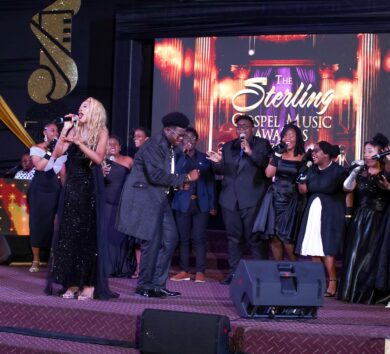
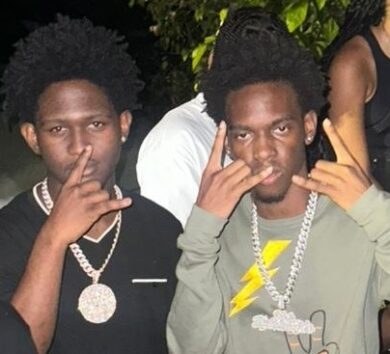
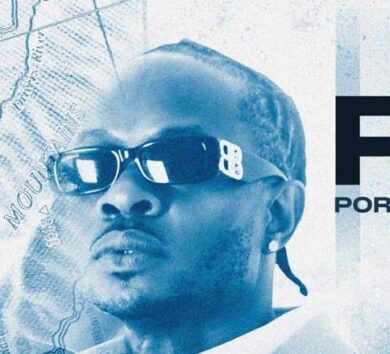

Comments